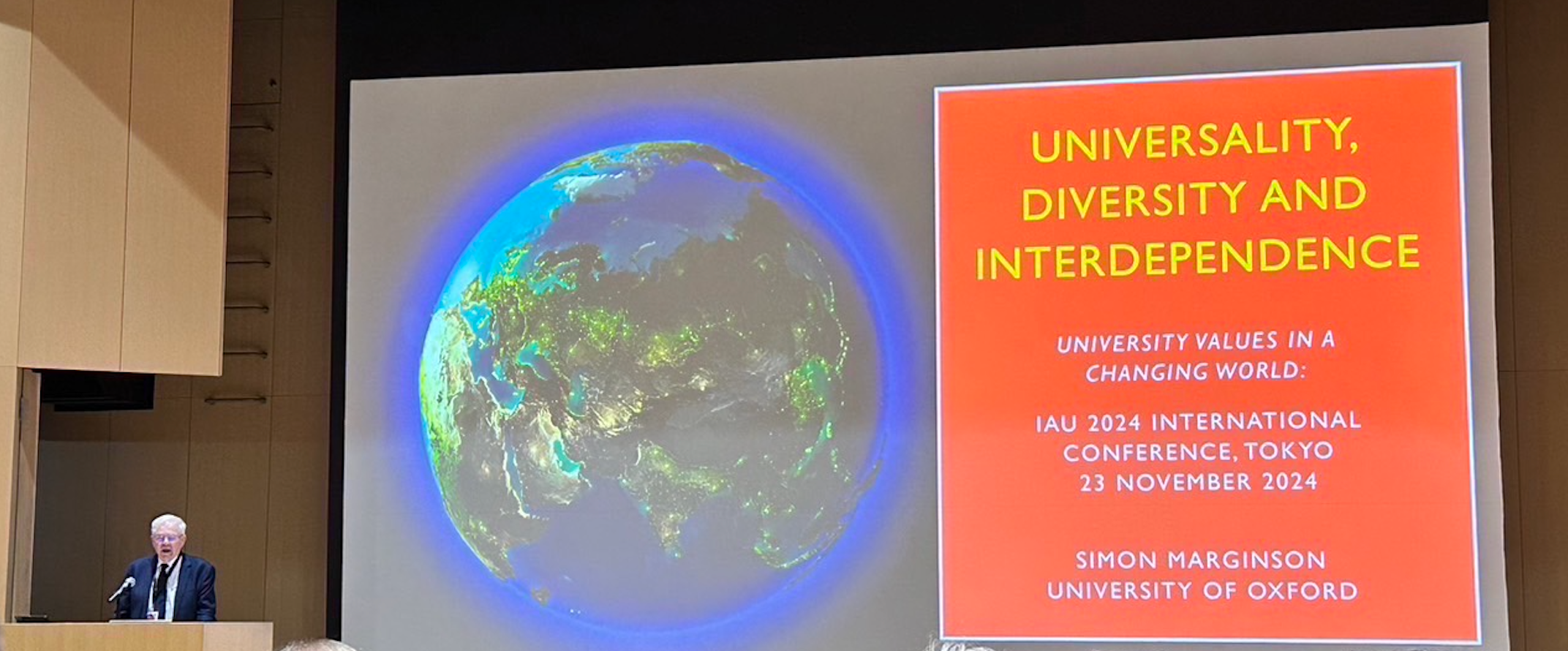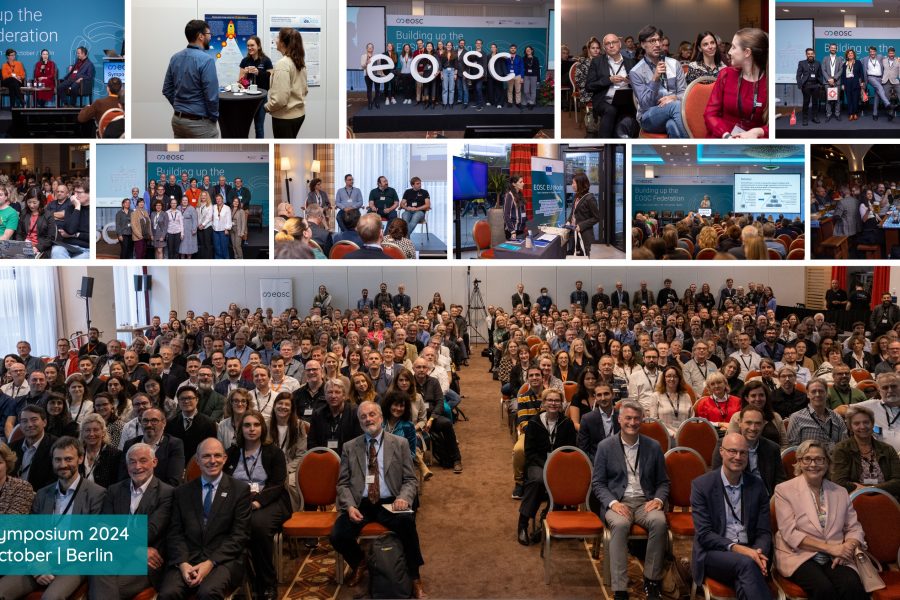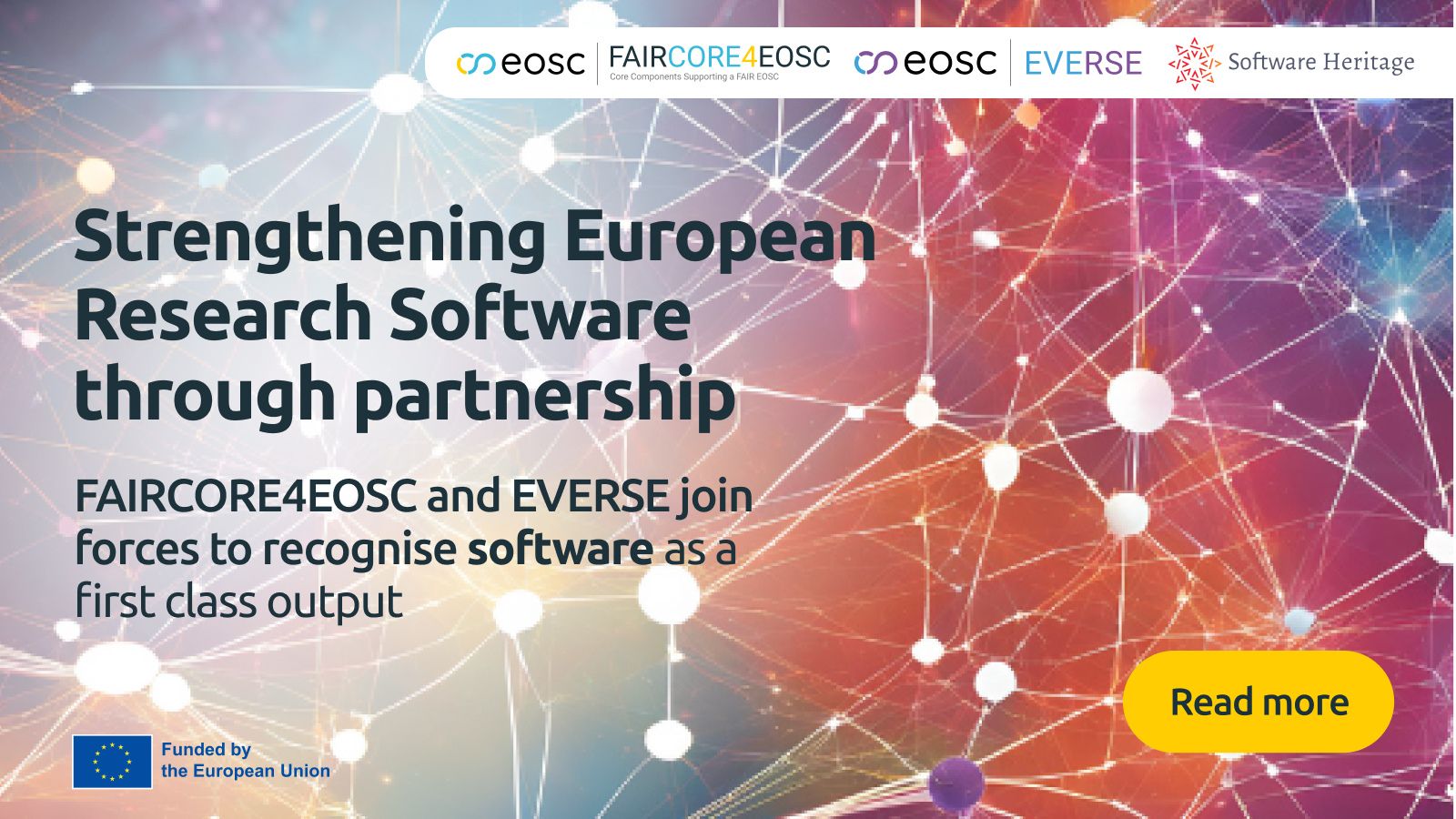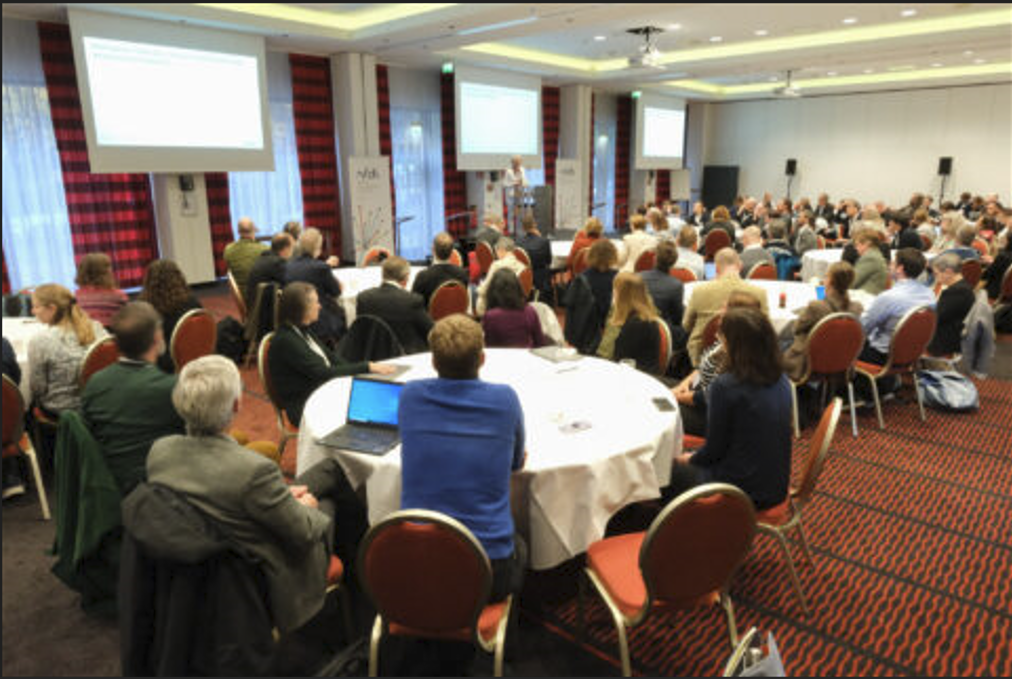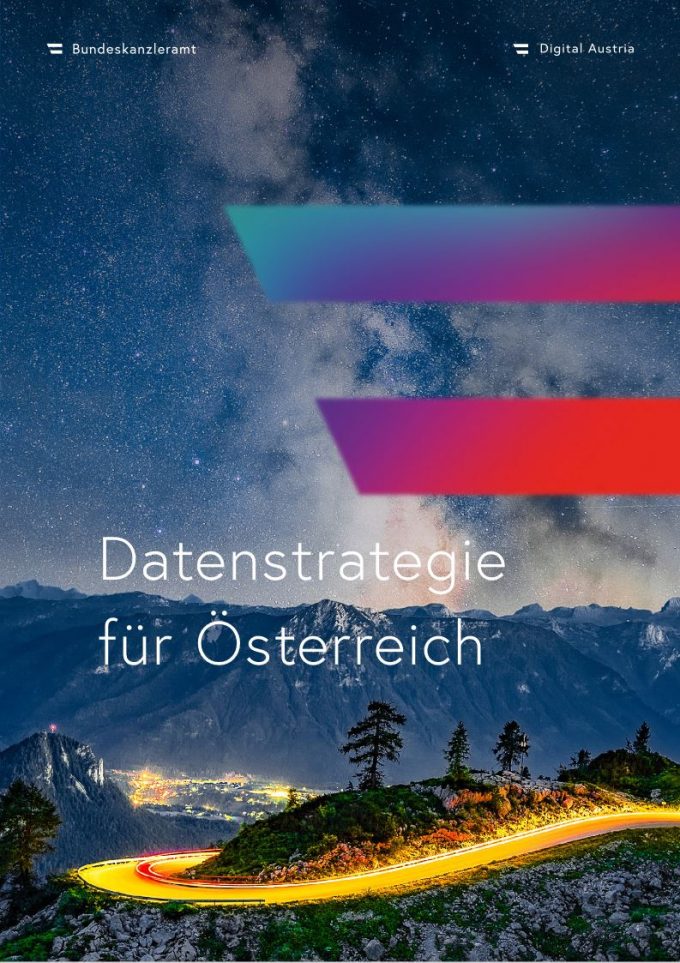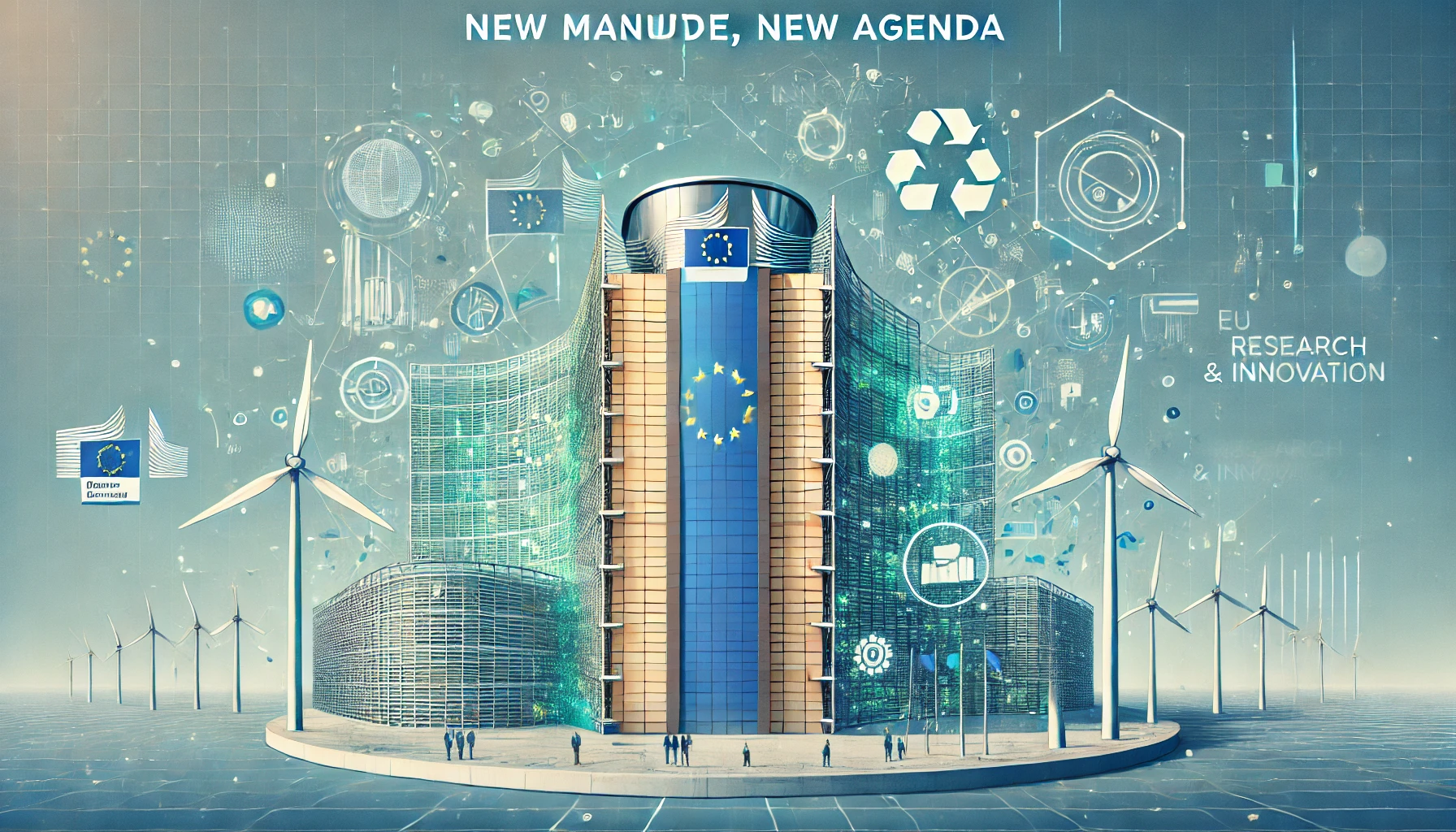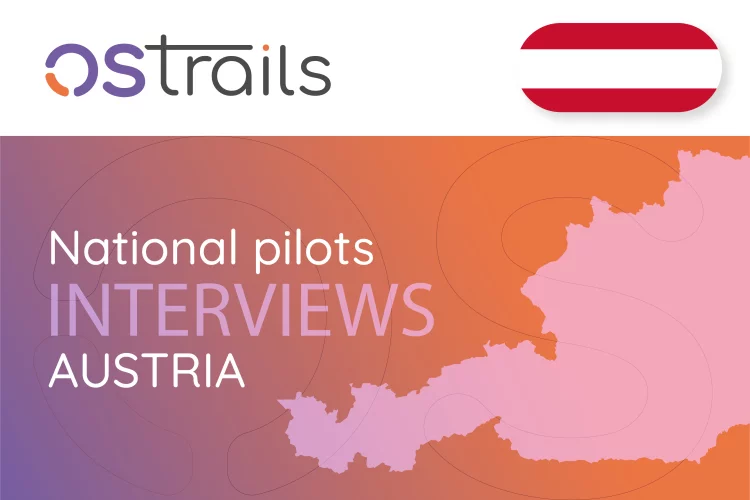Call to Reform University Ranking, Assessment, and Scientific Publishing Systems – IAU 2024 International Conference
To ensure progress toward a new era of open science while preserving the quality of the scientific process, the university ranking, assessment, and the scientific publishing systems must be urgently reformed.

